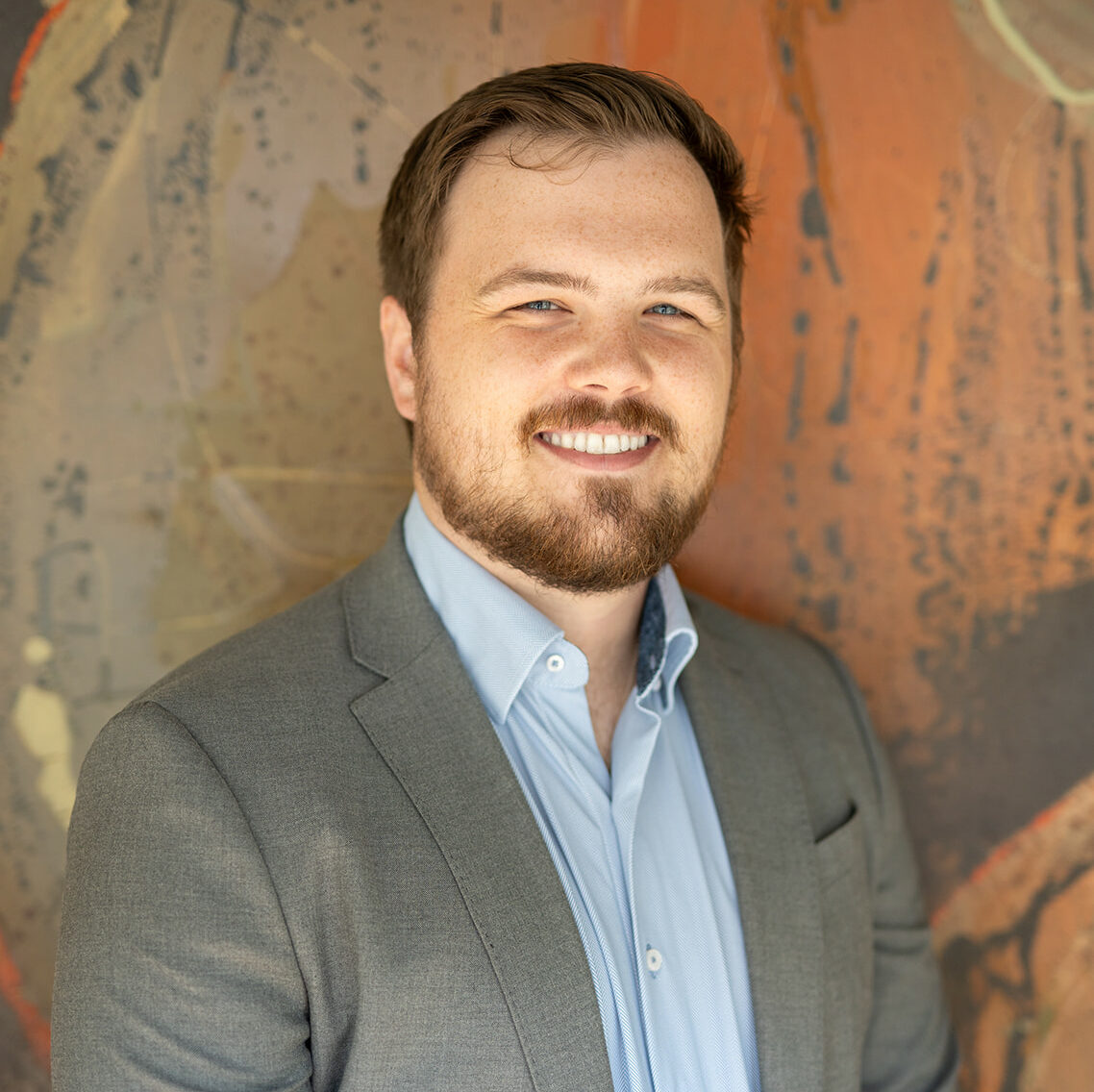The United States Court of Appeals for the District of Columbia Circuit has affirmed the district court’s denial of Dr. Steven Thaler’s copyright application for a work generated by artificial intelligence.
Human Authorship Required: Authors are Humans, Machines are Tools
In affirming the district court’s decision, the Court of Appeals held that, “[a]s a matter of statutory law, the Copyright Act requires all work to be authored in the first instance by a human.” Thaler v. Perlmutter, 130 F.4th 1039, 1041 (D.C. Cir. 2025) (emphasis added).
According to the Court of Appeals, the term “author” is limited by the Copyright Act to human beings. The Court of Appeals observed that the Copyright Act makes at least six distinct references to “authors” that are only intelligible if the term “author” means human beings. Specifically, the Act (1) references an author’s legal capacity to hold property; (2) sets durational limits corresponding to an author’s lifespan or “how long a human might live;” (3) provides when an author’s “widow or widower,” or their “surviving children or grandchildren” may inherit copyright ownership; (4) establishes signature requirements for valid transfers; (5) extends protections to authors of unpublished works regardless of their “nationality or domicile”; and (6) considers the author’s intentions. Thaler, 130 F.4th at 1045–1046. The Court of Appeals found that none of these provisions could sensibly apply to AI or machines. Id.
By contrast, the Court found that the Copyright Act refers to “machines” only as “tools.” Id., at 1046.
Human Authorship Requirement Does Not Harm the Public
Dr. Thaler argued that affirming the human authorship requirement would “wrongly prevent[] copyright law from protecting works made with artificial intelligence.” Thaler, at 1049. The Court of Appeals disagreed. Citing the United States Supreme Court, the Court acknowledged that, “copyright law is intended to benefit the public, not authors. . . . [And that] the primary object in conferring the monopoly lies in the general benefits derived by the public from the labors of authors.’” Id. (quoting United States v. Loew’s, Inc., 371 U.S. 38, 46-47 (1962) (cleaned up)).
By affirming the human-authorship requirement, the Court of Appeals did “not prohibit copyrighting work that was made by or with the assistance of artificial intelligence.” Id., at 1049. Such works may still qualify for protections, although the Court declined to draw any bright line rule on the issue. The Court also rejected Dr. Thaler’s argument argument that the human authorship requirement would disincentivize creativity as unsupported. Id., at 1050. Finally, the Court of Appeals observed that Congress has chosen not to amend the Copyright Act of 1976 to allow for non-human authorship and it remains free to do so in the future. Id.
AI Cannot Create a “Work-for-Hire”
Dr. Thaler attempted to argue “that the Copyright Act’s work made-for-hire provision allows him to be ‘considered the author’ of the work at issue because the Creativity Machine is his employee”. Thaler, at 1051.
The Court of Appeals squarely rejected this argument as “misunderstand[ing] the human authorship requirement.” Id. In the first instance, a human being must be the initial author of the work. Id. Because Dr. Thaler’s Creative Machine could not be considered an “author” under the human authorship requirement, there was no copyright for Dr. Thaler to transfer to himself through the work-for-hire doctrine. Id.
Unresolved Arguments
The Court of Appeals did leave several arguments unresolved.
First, the Copyright Office argued that the Intellectual Property Clause of the U.S. Constitution (Art. I, Sec. 8, Cl. 8) requires human authorship. The Court found that “[b]ecause the Copyright Act itself requires human authorship, we need not and do not address the Copyright Office’s argument . . . .” Thaler, at 1051.
Second, Dr. Thaler argued that he should be deemed the author of the work because he made and used the Creativity Machine. Id. The Court of Appeals noted that Dr. Thaler’s appeal did not challenge the district court’s holding that he had waived such arguments before the Copyright Office, and therefore he had waived this issue on appeal. Id., at 1052.
Conclusion
By upholding the human authorship requirement, Court of Appeals for the D.C. Circuit’s decision ended a highly anticipated battle between Dr. Thaler and the Copyright Office. Despite the possibility of an appeal to the U.S. Supreme Court by Dr. Thaler, the Court of Appeals’ decision aligns with historical Copyright Office practice and other circuit precedent, but left unresolved the critical question of whether – and under what circumstances – the creator or user of AI may be considered a work’s author. This question is sure to be a topic of future copyright debate and litigation.
_______________
About the Author:
Christopher T. Porter is a Minnesota copyright attorney serving Minneapolis and Rochester, Minnesota who handles disputes and registrations under the Copyright Act. He can be reached at cporter@trepanierlaw.com or at 612.455.6218. Trepanier MacGillis Battina P.A. is a Minnesota business law firm located in Minneapolis, Minnesota that handles Minnesota copyright law and Minnesota trademark law.




